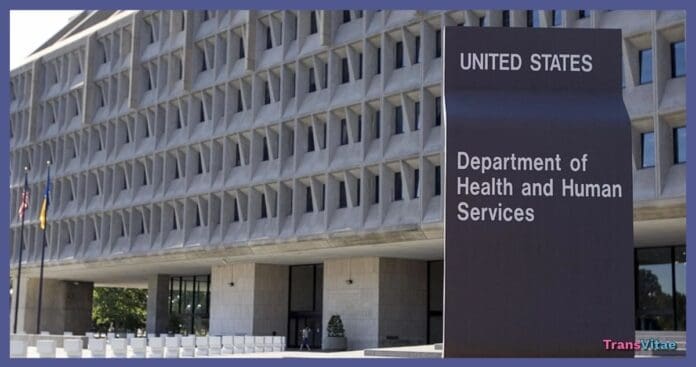The U.S. Department of Health and Human Services has finalized its extensive review of medical treatments for transgender youth, triggering strong reactions across the medical community and among LGBTQ advocates. The updated document, released on November 19, expands on the original 409-page report published in May after an executive order from President Donald Trump required a federal assessment of pediatric gender care.
The finalized report, titled Treatment for Pediatric Gender Dysphoria: Review of Evidence and Best Practices, argues that current research supporting puberty blockers, hormone therapy, and surgical interventions for minors is insufficient. It claims these treatments carry significant long-term risks, especially related to fertility. The report recommends prioritizing psychotherapy, described as gender exploratory therapy, as a primary approach before any medical intervention.
RELATED: Inside the HHS Review on Trans Youth: Facts, Fears, Fallout
A major change in the updated release is the disclosure of the authors and peer reviewers who contributed to the report. According to STAT News, several individuals involved are connected to groups that have long criticized gender-affirming care for minors. Critics note that many of the listed contributors have limited clinical experience treating transgender youth, raising concerns about the objectivity of the conclusions.
Multiple medical organizations, including the American Medical Association and the American Academy of Pediatrics, have pushed back on the report. They argue that it misrepresents existing medical consensus and exaggerates risks while minimizing known benefits of gender-affirming treatment. These organizations maintain that puberty blockers and hormones remain evidence-based, medically recognized tools for treating gender dysphoria in minors under appropriate clinical guidance.
The release of the finalized report comes at a time when several hospitals have already moved to pause or restrict gender-affirming care for minors. ABC News recently reported that some major medical centers are ending youth gender programs or reducing services due to political pressure and shifting federal guidance. The HHS report is expected to influence future regulatory decisions and may affect state-level policy debates already underway.
The report has also become a point of political tension. Scientific American noted that the release followed a separate document circulated by Robert F. Kennedy Jr., which also challenges the legitimacy of medical care for transgender youth. Advocates have expressed concern that these overlapping narratives are being weaponized to further restrict access to care, rather than to improve medical outcomes.
For families of transgender minors, the report raises new uncertainties about the availability of treatment in the coming months. Clinics that depend on federal funding or operate in states with politically volatile policies may face increased scrutiny. Providers could encounter shifting compliance demands and insurance complications. Youth already receiving care may find their treatment plans disrupted as institutions respond to the political pressure surrounding gender medicine.
HHS maintains that the updated report follows transparency requirements under the Information Quality Act. The department says the additions, which include peer review comments and author disclosures, strengthen the credibility of the document. Medical associations and LGBTQ advocates disagree and argue that the report will be used to justify further medical restrictions rather than ensure evidence-based practice.
As the national conversation continues, the finalized HHS report is likely to shape policy discussions, influence hospital decisions, and affect the lived experiences of transgender youth seeking medically supported care in the United States.


